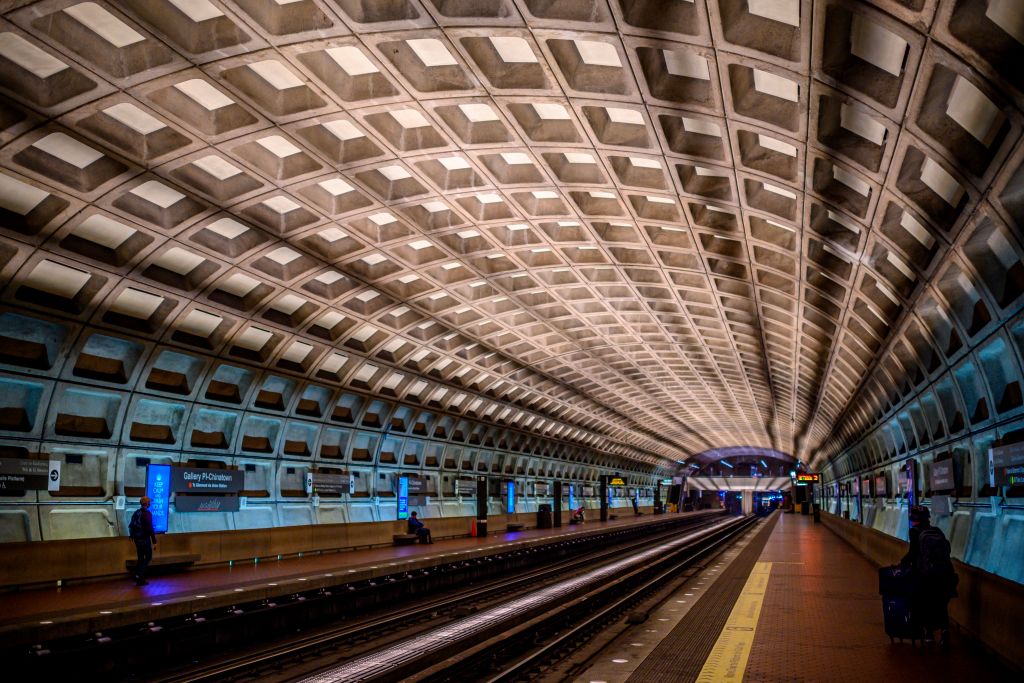
Metro's board of directors has given preliminary approval to a plan that would drastically cut service and slash jobs.
Every Metro rider would be affected, but the transit agency says it has no choice because the pandemic is leaving it with a massive budget gap. The agency is pleading for more federal money to help.
We're making it easier for you to find stories that matter with our new newsletter — The 4Front. Sign up here and get news that is important for you to your inbox.
Metro is already getting an earful about this pandemic-fueled budget-slashing proposal. The transit agency says it may have to make huge cuts to close a nearly half-billion-dollar budget gap.
Here's what the reductions would entail:
For Metrorail:
- 30 minutes between trains on every line
- no rail service on weekends
- weekday service from 5 a.m. to 9 p.m.
- closure of 19 stations
For Metrobus:
- service reduction from 60 to 41 lines
Some riders called the board of directors to leave them a message.
"I think it's basically a slap in the face to the essential workers who have kept this city fed and well through this pandemic," one rider said.
Another said, "You're really just going to hurt people who need Metro, and I strongly and sincerely hope that you guys will beg, borrow or steal to prevent these cuts from happening."
Metro General Manager Paul Wiedefeld almost sorrowfully explained his position at a board meeting.
"I want to be clear: Like you and all the people and the businesses that depend on Metro services, I do not want to do any of these actions in the proposed budget," Wiedefeld said. "I wish we were in a different place -- but we're not."
Not all Metro board members wanted to move forward with the plan. Some want to see how coronavirus vaccines are working, and they also want to know if the federal government can come up with more CARES stimulus funding for the transit agency.
"I think we would benefit from having that information rather than having the public comment on what is a fairly drastic doomsday budget," Metro board member Michael Goldman said.
None of these cuts would take effect before July. Metro is desperately hoping the federal government can find more money to keep current levels of service on track.



